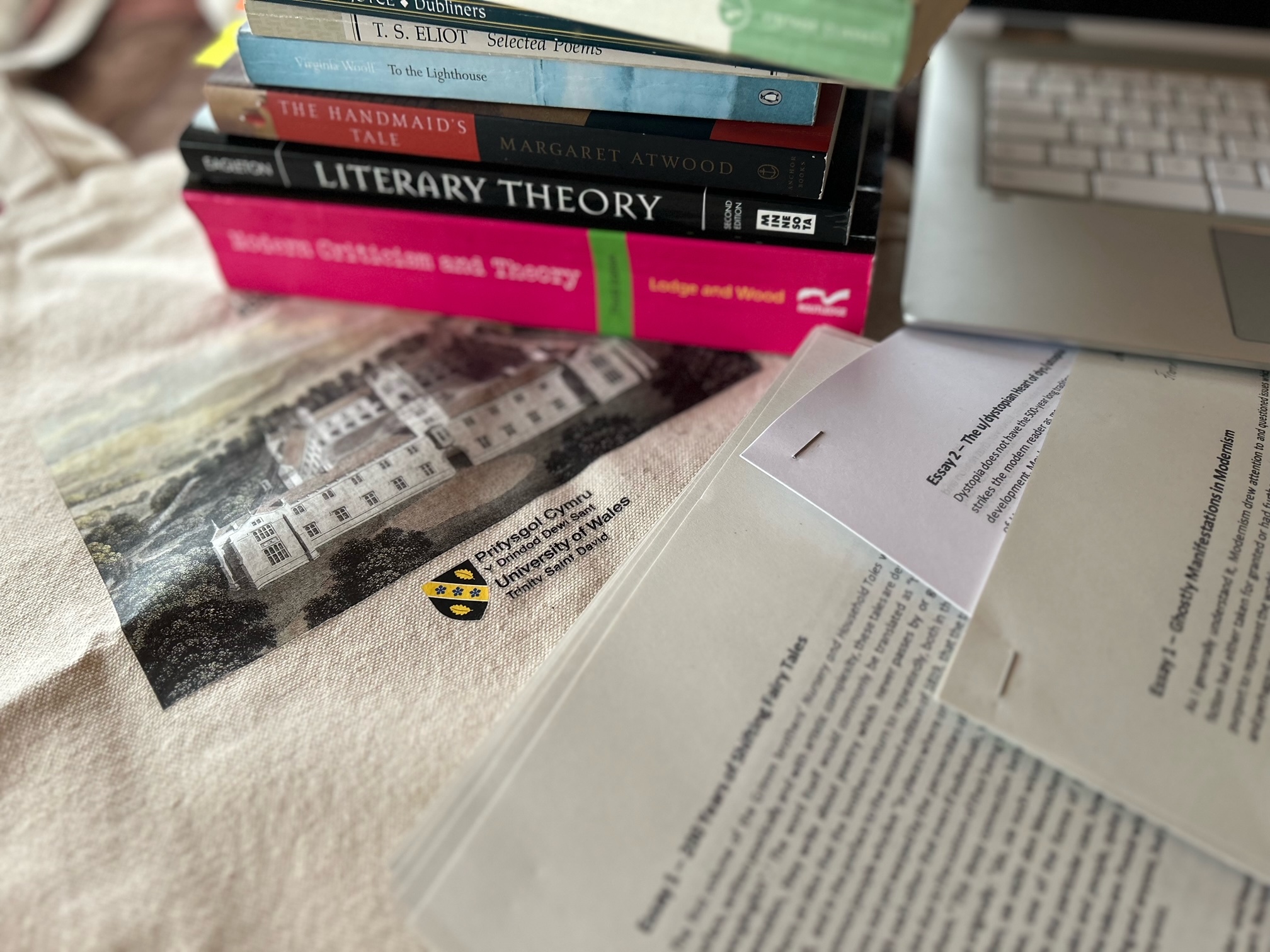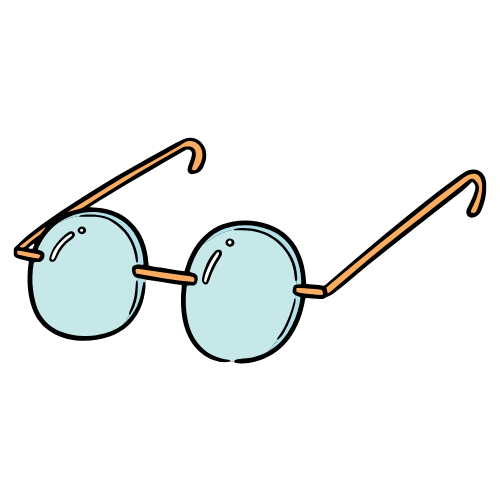It was the summer of 2020, Covid was roaring, and I had just had a huge disappointment at work. I guess that’s how all good stories start. With a failure of some sort. And as we say in Romanian, when God closes a door, He opens a window. My window was to turn my attention to something I had wanted to do since graduating highschool – study literature in an academic environment. Back then, I had to settle for an engineering degree taught in English, but that led me to where I am now – with a baggage of knowledge and appreciation of literature which I’m pretty sure I wouldn’t have been able to amass 15 years ago.
I love reading, but my reading was pretty random before deciding to pursue a master’s in English literature. I would just pick up a bestseller here, a classic there, a friend recommendation when in a bookstore, the newest thriller on Audible. I had no path. I would just go through 50 books a year, and no story to tell for it. After enrolling in and getting through the first semester of the Modern Literature MA at UWTSD, I could already feel big blocks of my self-awareness as a reader shifting. Reading started to transcend the basic like/dislike and became engagement with cultural movements, human condition, social change and political thought. Each book (I quickly learned to call it “text”) I studied became a stepping stone for perceiving shifts in the changes of narrative language, a new thread in sewing together present and past. In the realm of academic study, reading put me in the center of a dialogue with the greatest minds of humanity and offered me a means of understanding the ongoing story of literature.
I don’t really know what I expected when deciding to go for the UWTSD programme. I had the choice between the Modern Literature master’s they offered, with a focus on 20th century literature, and another programme from another university focused on gothic literature, if I remember correctly. They were both 100% remote. I chose UWTSD because the communication with the tutors was simply top class. I remember I had a meeting with all the tutors planned for my programme and I was so nervous, I tried to think of everything I knew about 20th century modern classics, prepared some books to talk about, etc. But for the tutors it was important that I got my questions answered. They informed me about the titles on the teaching programme and how grading would work. In this meeting I got the single most useful piece of advice for which I will be forever grateful – that I should sign up at a university library close to me. That would be the Bayerische Staatsbibliothek München and I am reaping benefits even today.
So why pursue a master’s in English Literature later in life? Looking back at the three years I spent on the UWTSD MA, there are 7 reasons which come to mind, 7 things which enriched my reading life and opened a new world for me.
1. gain a deeper appreciation for literature
The driving force behind pursuing an MA in literature is of course love of literature. I grew up with classics of English literature, such as The Secret Garden (which I loved), which was later followed by Wuthering Heights (which I didn’t get then) and Jane Eyre (which I adored). But when diving deep into such titles, the point is not liking or disliking. That’s just the first level. The point is to look deep within yourself and see how such works take a hold of you. And to measure the impact of the text, you use different tools and methods – comparison, assessment of cultural context, critical analysis. But that’s just a toolbox. In the end, it’s you and the text, together.
2. gain advanced reading skills
Probably the most useful thing I learned during my studies is that books are not written in a vacuum. They are products of the writer’s life and imagination, of what the writer has read before, of the experiences they went through. And of course, different writers have different experiences. If Daphne du Maurier writes about Manderley in Rebecca, it’s maybe because she read and processed Jane Eyre. But if Charlotte Bronte writes about Thornfield in Jane Eyre, it’s maybe because it was meant as a home for a homeless heroine. I don’t know, I’m just saying. Comparing books to each other breeds questions and ideas.
3. familiarize yourself with theoretical concepts
Otherwise known as the much-dreaded literary theory. Structuralism, psychoanalytics, Marxism, formalism. They are all ways of approaching a literary text from a certain point of view. For instance, a structuralist analysis would draw out binary opposites between situations and characters, while a psychoanalytical analysis would try to understand a character by looking closely at their childhood experiences. In the end, you play with a text by following certain rules, yet you want to choose your text carefully. Different theories can be applied to the same text, yet some paths can lead to dead ends.
4. learn to think critically about a book
A friend of mine was telling me the other day she didn’t like George Orwell’s Nineteen Eighty-Four. I was shocked to realize myself I can’t say if I liked it or disliked it. For me, it’s a landmark in deconstruction of politics, language contortionism and use of propaganda. We studied it on a module on utopias, dystopias and SF. Inside this genre, you learn to look at different things than what you look at when reading Virginia Woolf or Ian McEwan. You learn to make assumptions and follow and build your argument supported by the text or drop the assumptions because they were only in your head and not in the text.
5. consider the context of a book
One of my favourite modules was the one centered on Modernism and Postmodernism. For Modernism we studied, among others, Virginia Woolf and T.S. Eliot, and for Postmodernism, Margaret Atwood and Zadie Smith. Of course, neither of these authors were like “OK, now I’m gonna write something (post)modernist”. The labels come after, and they are complex. But around the 1920s-1930s and around the 1970s-1980s there was something which we now recognize as Modernist or Postmodernist writing. Certain style marks, certain themes. How are they alike? How are they unalike? It’s all context.
6. learn to write about a book
For each module we had to turn in two essays, each about 4000 words. I still remember for the first essay I was totally in panic, going around the house like “I’m never in a thousand years gonna be able to come up with that”. And then I did, every semester. I got organised with digital tools, crafted an outline, built my arguments based on critical texts I would read, used the feedback from my tutor and, later, from AI tools. The most important input are always the raw ideas.
7. meet people who share a love of literature
I was lucky to be in a group of people with whom I could go into deep conversation about the texts we studied, even outside the classroom. Each of us had a slightly different area of interest and different favourite texts, which would constantly pop up in our bookish conversations. After the second year of study, I went on a one-week trip to Wales, and we all managed to meet up and visit the university which until then we knew only from the pictures on the website.
Sure, there are challenges associated with returning to academia at a later stage in life. I sacrificed free time to invest in research and preparation of essays. I reduced my working hours and had to get by with an accordingly reduced salary. I had to adjust to academic writing and learn its requirements (which is totally different from blogging). But I met other lovers of literature, I had an excuse to visit Wales, I learned to Read. If you landed on this page thinking of pursuing an MA in literature later in life, then you’re probably like me three years ago (hopefully without the work disappointment though). You’re maybe weighing things against each other. But let me tell you – personal growth, engagement with complex ideas, critical thinking – all that is included in the MA in literature package. And of course, Reading capital R.










your thoughts?